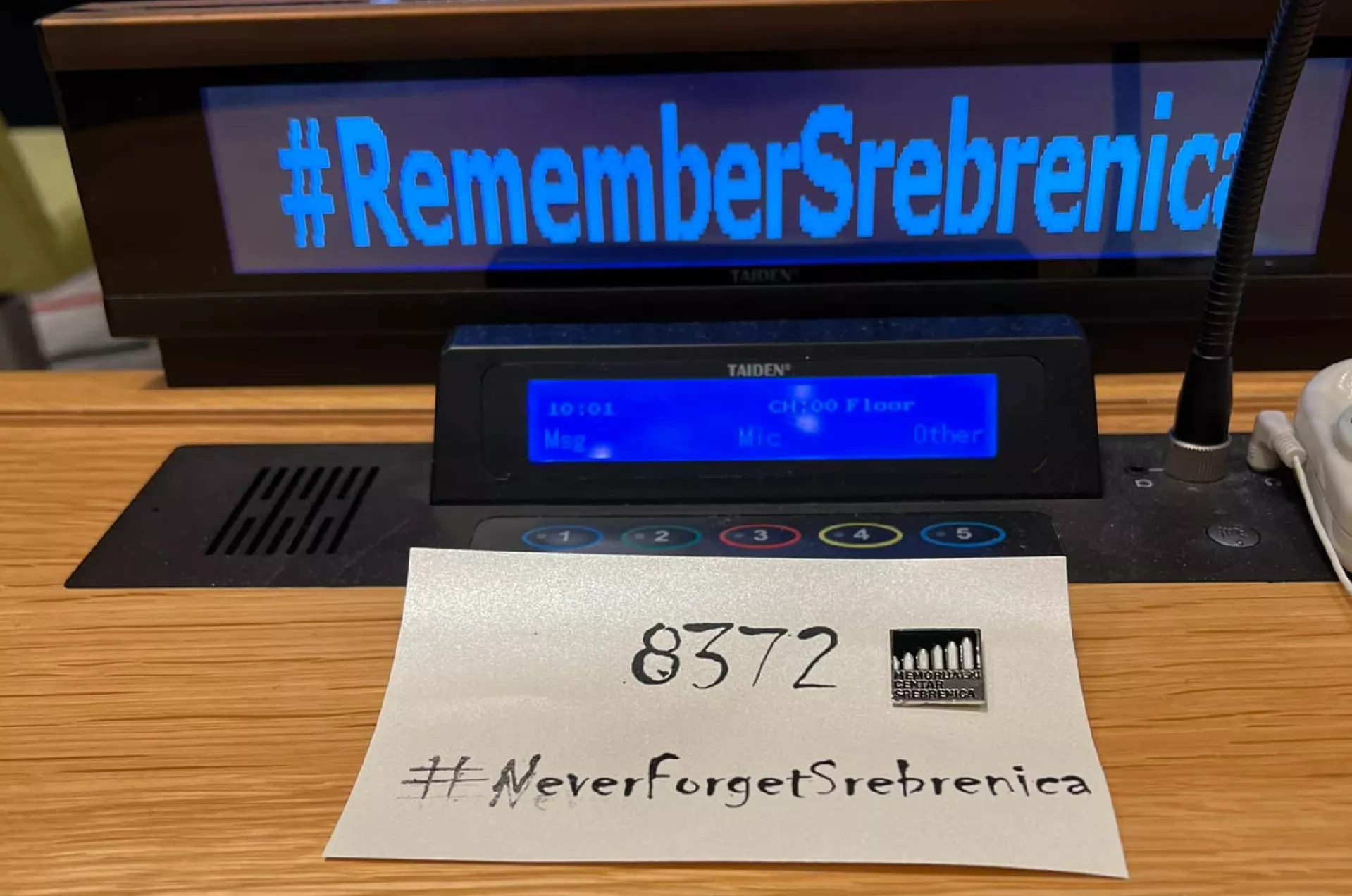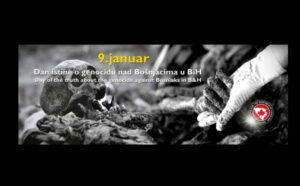• Institute For Research of Genocide Canada
PRESS RELEASE, May 14, 2024
The international expert team of the Institute for Research of Genocide Canada analyzed the amendments submitted by the Government of Montenegro to the United Nations Resolution “International Day of Reflection and Commemoration of the Genocide in Srebrenica 1995”.
The second amendment was analyzed in particular, in which it is written: “confirming the inviolability of the general framework agreement for peace in Bosnia and Herzegovina in all its provisions”.
The second amendment essentially additionally affirms the existence of the RS entity within BiH, which is guaranteed by the Dayton Agreement. The aforementioned second amendment serves the Government of Montenegro to confirm its loyalty to the President of Serbia, Aleksandar Vucic, a denier of the genocide in Srebrenica and a denier of the aforementioned Resolution, on strategic issues in the Western Balkans.
The international expert team of the Institute For Research of Genocide Canada warns that the eventual acceptance of the second amendment means the victory of the nationalist, aggressively genocidal policy of Slobodan Milošević and his establishment. This amendment seeks to protect the RS entity as a permanent category in the United Nations.
Bearing the above in mind, we consider the second amendment completely unacceptable and ask the sponsors and co-sponsors of the Resolution to reject it completely.
In supporting the resolution we recognize the pain and suffering of those who experienced mass atrocities and are resolute in our responsibility to prevent further victimization of survivors and their families through genocide denial. It is also a sign of support for Bosnia and Herzegovina in facilitating reconciliation and stability in the region.


